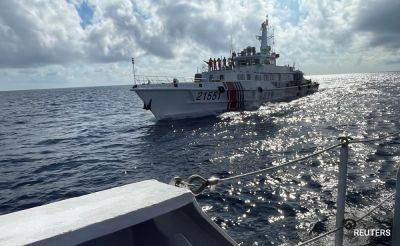Philippines to achieve upper middle-income status by late 2025, early 2026
MANILA, Philippines — The government believes it is still possible to achieve upper middle-income status by late next year, if it attains the economic growth target for this year, the National Economic and Development Authority (NEDA) said.
“We think that (achieving upper middle-income status) late 2025 is still possible,” NEDA Secretary Arsenio Balisacan said.
He said this would be possible if the economy meets its six to seven percent growth target this year and if the local currency doesn’t depreciate much.
If not by late next year, he said the country could enter upper middle-income status by early 2026.
“There are too many moving parts. Some of them are not within our own control,” he said.
The World Bank has classified the Philippines as a lower middle-income country with a gross national income (GNI) per capita of $3,950.
To be part of the upper middle-income country grouping, the GNI per capita income should be within the range of $4,466 to $13,845.
Balisacan earlier said the initial estimate is for the country to achieve upper middle-income status by next year.
However, the World Bank said earlier this week it expects the Philippines to attain upper middle-income status by 2026.
To hit the growth target for this year, he said the economy has to expand by 6.1 percent in the remaining quarters of the year after expanding at a slower pace of 5.7 percent in the first quarter.
Should the Bangko Sentral ng Pilipinas start interest rate cuts in August, he said the effect on economic growth would not be immediately felt.
“Even inflation has a lag effect on the economy, interest rate even more. But it will certainly build confidence and can start, you know, make people spend now rather than later,” Balisacan said.







